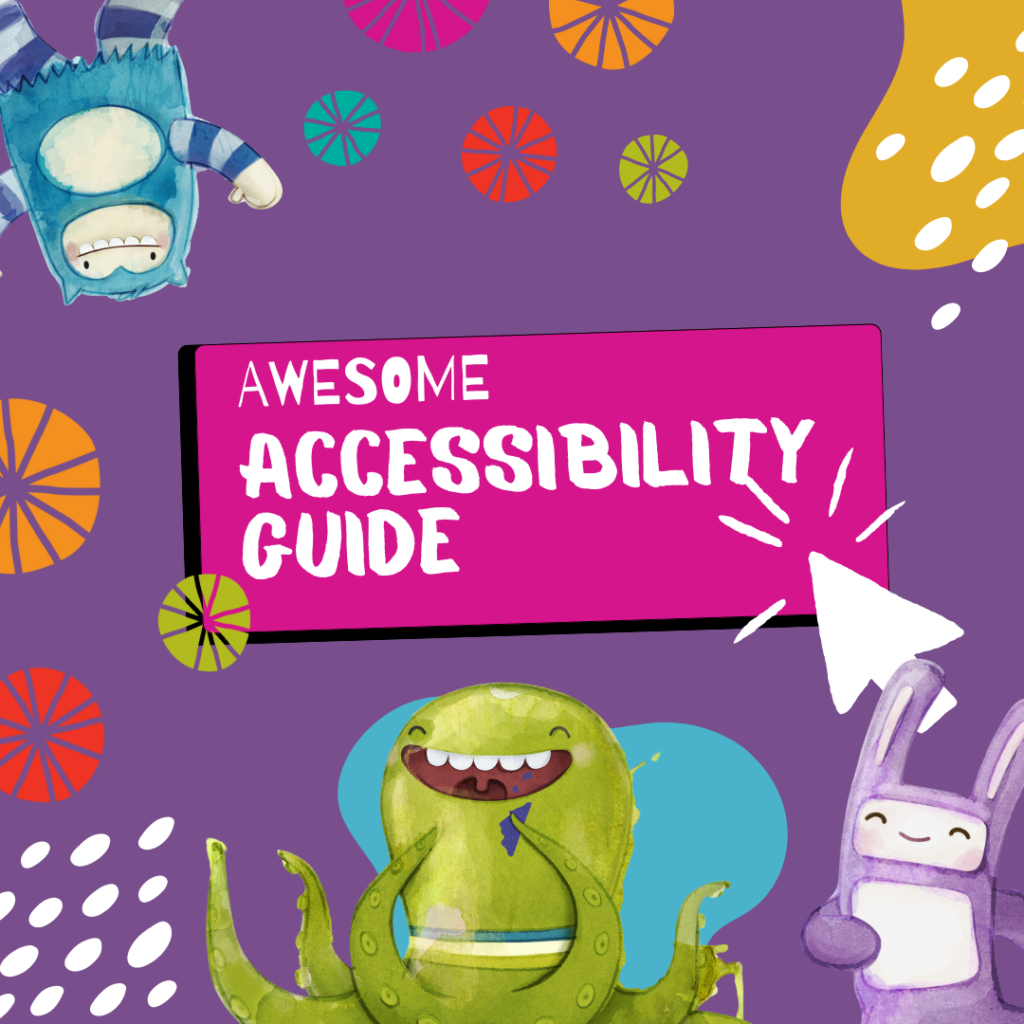Access Information
The AWESOME Festival takes place within the Perth Cultural Centre and surrounding cultural institutions. All venues are wheelchair accessible, however if you have specific access requirements, please don’t hesitate to contact us if you would like to ask some questions in order to plan your visit!
Accessibility Guide
We hope this guide helps you to make decisions about the best events for your family to attend at the AWESOME Festival.
Our goal in creating this guide is to provide extra support, catering to the needs of all our bright young things. We have gathered information about all of our events within the festival program and listed any positive and negative triggers that could be of attention in providing the most comfortable, joyful experience for all.
We are always looking to improve this resource, so if you have any feedback about the guide, we would love to hear from you! Please contact us at [email protected]
Developed in 2015 in partnership with DADAA.
The 2024 AWESOME Accessibility Guide is live now!
Getting to the Festival
All AWESOME Festival venues are easily accessible by train or bus and are just a short walk from the Perth Train Station and Perth Bus Port.
Transperth offer special Family Rider Tickets for up to seven people. For more information click here.
Social Model of Disability
We believe in and supports the Social Model of Disability. We are proud to work with children, artists and audiences within the disability community. Our approach to access and inclusion is informed by the voices of the community. Our language around disability is consciously aligned with the Social Model of Disability.
The Social Model of Disability has been developed by people with disability. It sees ‘disability’ as the result of the interaction between people living with impairments, and their socially-constructed environment. You can read more about the Social Model of Disability at People With Disability Australia.
We aim to be responsive and accountable to our communities. If you have had a different experience of our language or behaviours, please reach out to us so that we can have an important conversation.


